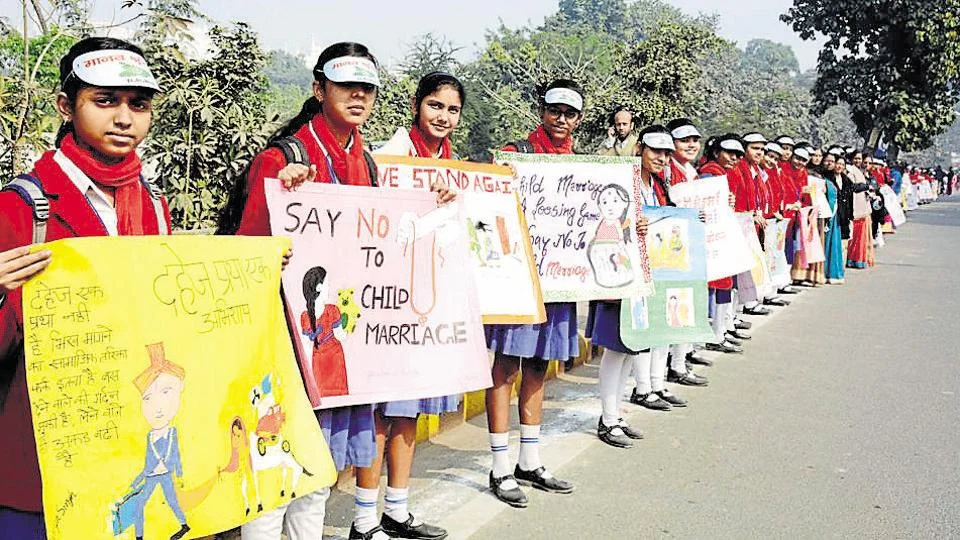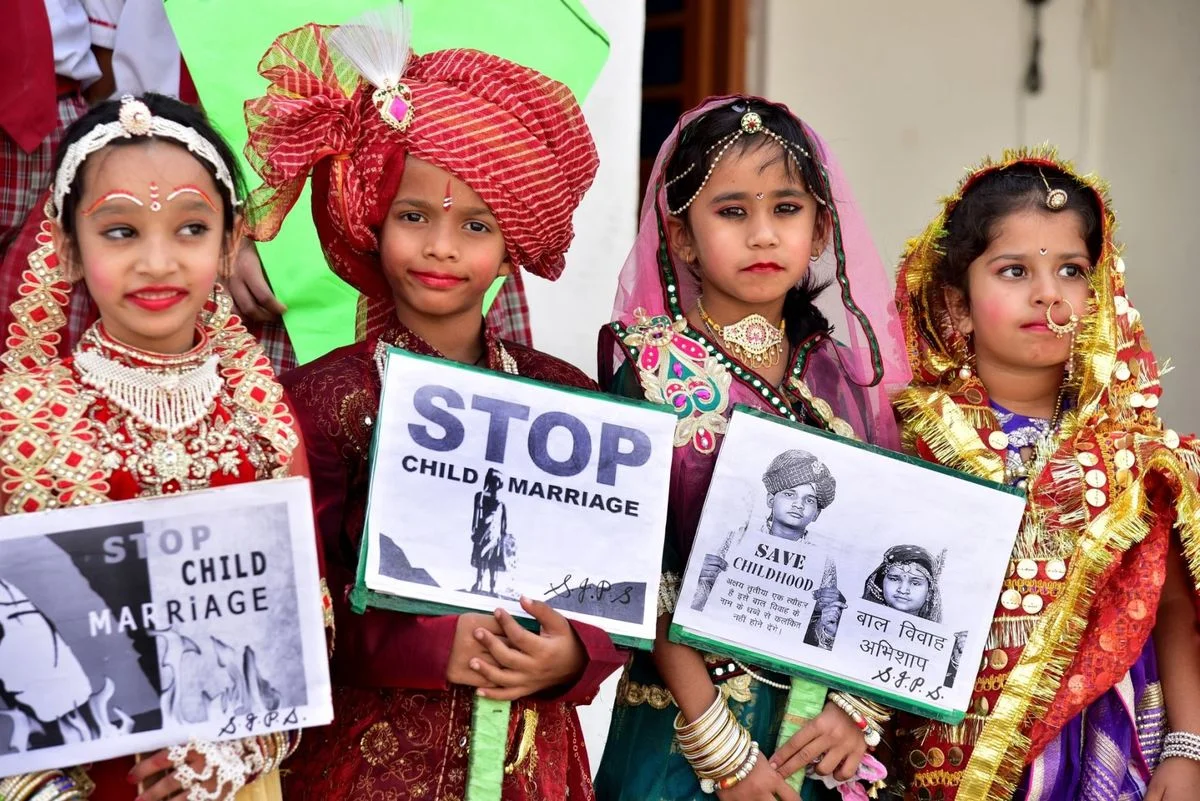Girls' Underage Marriages Decline By More Than A Third In A Decade, With India Center Stage
/UNICEF announced in a new report that the number of underage girls married each year is now estimated at 12 million. Even though the number remains too high, the total a decade ago was a depressing and embarrassing 37 million girls.
“Each and every child marriage prevented gives another girl the chance to fulfill her potential,” Anju Malhotra, UNICEF’s Principal Gender Advisor, says in a press release. “But given the world has pledged to end child marriage by 2030, we’re going to have to collectively redouble efforts to prevent millions of girls from having their childhoods stolen through this devastating practice.”
The data is widespread with major drops of more than a third in India and Ethiopia. The New York Times reports that in Bihar, a poor, agrarian state in northern India, a 2005 survey reported that 60 percent of surveyed women reported being underage when married. A decade later, 42.5 percent report being married under age 18.
With the 2006 Prohibition of Child Marriage Prevention Act, Indian lawmakers criminalized child marriage, imposing a jail sentence of up to two years or a fine for offenders. Note that there is simultaneously reason to believe that in pockets of India, child marriage is increasing in urban areas.
Success in Bihar on reducing child marriage is likened to the banning of liquor in Bihar in 2016. Fear was involved, although the issue of child marriage is more complex because the custom remains socially acceptable and even a benefit to the young girl as a shield against unwanted sexual advances.
Just as women formed human chains to institute the ban on alcohol in Bihar, a human chain was formed in Jan. 2018 to fight child marriage and dowry, which is now illegal in India.
“Ultimately, it is the spirit of human chain that is important. The way people started identifying with the prohibition drive to make it their own campaign scripted its success. This is also people’s campaign. I am happy with the high level of support,” said chief minister Nitish Kumar.
“When a girl is forced to marry as a child, she faces immediate and lifelong consequences. Her odds of finishing school decrease while her odds of being abused by her husband and suffering complications during pregnancy increase. There are also huge societal consequences, and higher risk of intergenerational cycles of poverty,” said Anju Malhotra, UNICEF’s Principal Gender Advisor. “Given the life-altering impact child marriage has on a young girl’s life, any reduction is welcome news, but we’ve got a long way to go.”


























































